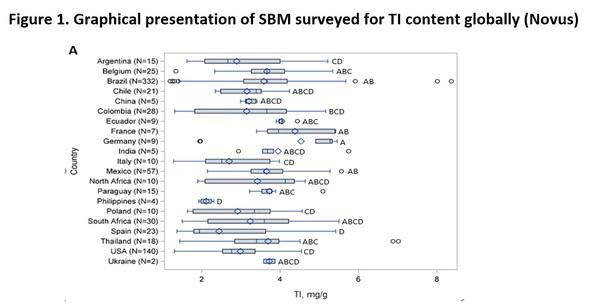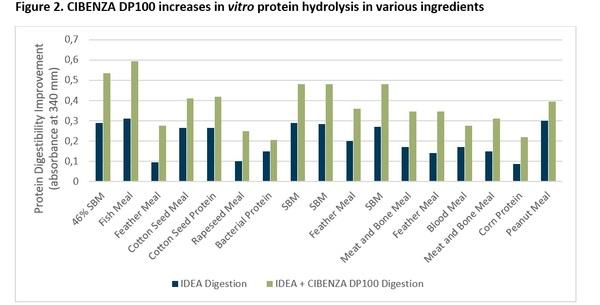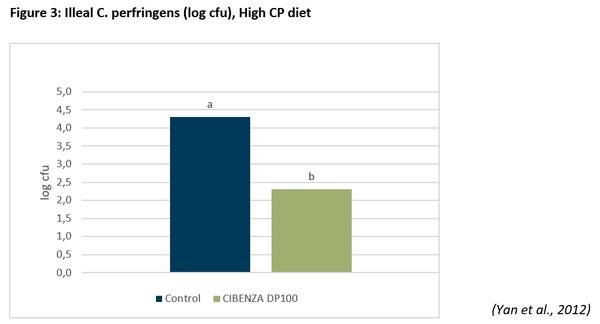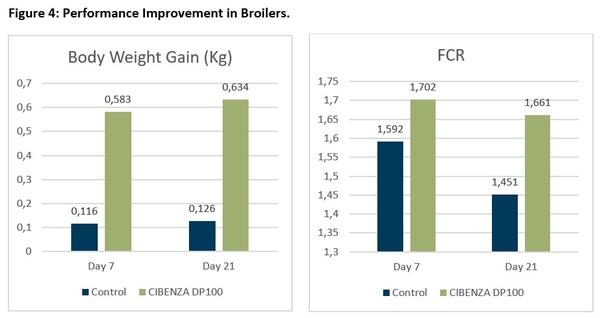Investing in young animals: The importance of starting them right
Published: July 26, 2022
By: Annafe Perino, Poultry Solutions Manager, Asia Pacific. References are available on request to the author. Previously published in ASIAN FEED MAGAZINE – October/November 2020, 23
The on-going battle against African Swine Fever and Covid-19 have caused major challenges globally affecting both food production and food security. This has been very evident in swine production, as most top pork producers and exporters were affected. Spain, being the top pork exporter, was among the first countries to be hit by the Covid-19 pandemic causing disruptions in pork supply not only to its exports but also affecting domestic supply in EU as well. This has also significantly affected pork supply in Asia, specifically to China and Vietnam wherein pork production has been previously reduced due to ASF. Due to these challenges’ animal producers are looking for innovative ways to continue to produce and supply quality meat to feed a growing number of population currently facing economic difficulty.
With all the uncertainties in the current situation, the pressure to produce animals cost-effectively and efficiently becomes a focus as food security becomes a top priority. To be able to reach the sufficient supply of animals, the key area to look into would be the young animal stage. The early stage of production is likely to be the most affected by stress and diseases as the animals are most vulnerable. High mortality and poor performance at this stage can be attributed to trauma, starvation, scouring and respiratory disease in swine while malabsorption, diarrhea, Necrotic Enteritis and coccidiosis are the main culprits in poultry. Research have shown that in piglets, pre-weaning mortality can have an opportunity cost of $2075 for a 500 sow level farm if pre-weaning mortality was reduced by 10%. These are the reasons why scientists or nutritionists are putting a lot of effort in improving gut health because the better we can manage this in the young animal stage, the better will be the survivability of the animal to reach harvest weight.
Protein digestion in young animals
Why are young animals more susceptible to diseases or stress during this stage? Research have shown that young animals, particularly piglets and chicks, have an underdeveloped gut system making them more prone to physiological and nutritional changes. As an example, young animals require a high protein diet to be able to build muscles, connective tissues and organs needed for growth but at the same time, they do not have enough endogenous enzymes such as trypsin to digest protein in the diet. And yet we feed our young animals with a diet that can have a potentially high content of trypsin inhibitors such as in soybean meal. In a trial done by Noy and Sklan on chickens, it was noted that trypsin enzyme is still at a minimum level until Day 14 and only start to reach the peak level at Day 21. It is the same case for piglets where trypsin and chymotrypsin enzymes are just starting to develop until Day 28 and then increase to reach peak level at Day 42. In a survey done by Novus in 2014, a total of 775 samples of SBM from different parts of the world where evaluated based on their TI content (Figure 1) the research showed that the level of trypsin inhibitors varies in different countries. This is an important piece of information since our young animals still have low levels of trypsin enzymes, a high incidence of TI in their diet, will adversely affect their performance particularly gut health. When gut health is impaired at the young animal stage, there is a negative impact on their ability to absorb and digest nutrients which is much needed to reach target body weight and FCR.

When we provide good nutrition to young animals, there is corresponding weight advantage at harvest time. In a study conducted by a poultry breeder company in broilers, the results showed that a 10g advantage on Day 7 resulted to a 50-70g weight advantage at Day 42. A similar study in swine done in Kansas State University showed that a 1kg advantage at 7 days post-weaning resulted to 3kg advantage at Day 156 and even 4 days shorter time to market. Knowing that there is definitely an advantage when we invest in young animal stage, what can be done to ensure that our young animals perform better? It seems that maintaining a good gut health at this time is a key to make sure that animals get the nutrients they need to grow.
Benefits of exogenous protease
Improved protein digestion
Improved protein digestion
With the high protein requirement during early stage coupled with the inability of the young animal to properly digest proteins, it makes sense to use a protease enzyme that is fast-acting and efficient in improving digestibility of amino acids from both plant and animal protein sources. Trials have shown that an exogenous protease enzyme (Cibenza DP100 from Novus International) supports improved performance at the early stage. In an in vitro trial conducted by Novus, results show that protease enzyme can improve protein digestibility with an average of 7.5% in a wide variety of raw materials. This means that at the same level of plant or animal protein source in the diet, animals are able to utilize more protein and amino acids to for growth and muscle development with the help of a protease enzyme.

Reduced pathogen proliferation
Protease enzymes can also help reduce pathogen proliferation in the gut by minimizing the amount of undigested substrate available for use by pathogenic bacteria. Clostridium perfringens, Escherichia coli, Salmonella and Campylobacter use this fermentation substrate to proliferate in the hind gut and outcompete the beneficial bacteria thereby causing damage to the gut and compromising gut health. In the study below, the use of a protease enzyme helps reduce undigested protein in the gut resulting to a decrease in pathogen population. This trial below shows that using protease enzyme can reduce C. perfringens population by 90% (2 log reduction).

Improved zootechnical and economic performance
Improving young animal gut health also provides an over-all improvement in animal performance as well as return on investment to attain higher profitability. Based on a trial conducted at a Novus research facility, adding protease in early broiler stage can improve body weight by 8% and reduce FCR by 2.4%.
With the advantage of 10g weight in Day 7, it is safe to assume that there will be a 60g advantage on harvest time of 35 days and also a reduction of 4 FCR points based on the trial results shown. These benefits can provide additional profit of at least $75 per 1,000 birds. A similar cost-benefit analysis in swine has also been conducted and the additional profit is at least $2.7 for every pig sold.
Conclusion
As the industry is slowly rebuilding and restructuring, investing in the young animal is one of the ways producers can create a good head-start. Improving protein digestibility to support the animals for faster growth is important especially when producers want to obtain cost improvements. For young animal gut health improvement, by hydrolyzing trypsin inhibitors and reducing undigested proteins to reduce pathogen production in the hind gut should also be considered for the young animal’s overall performance. Overall, investing in young animals incurs minimal cost but the benefits greatly impact animal performance and profitability at harvest time.
Related topics
Authors:
Join to be able to comment.
Once you join Engormix, you will be able to participate in all content and forums.
* Required information
Would you like to discuss another topic? Create a new post to engage with experts in the community.
Create a post







.jpg&w=3840&q=75)